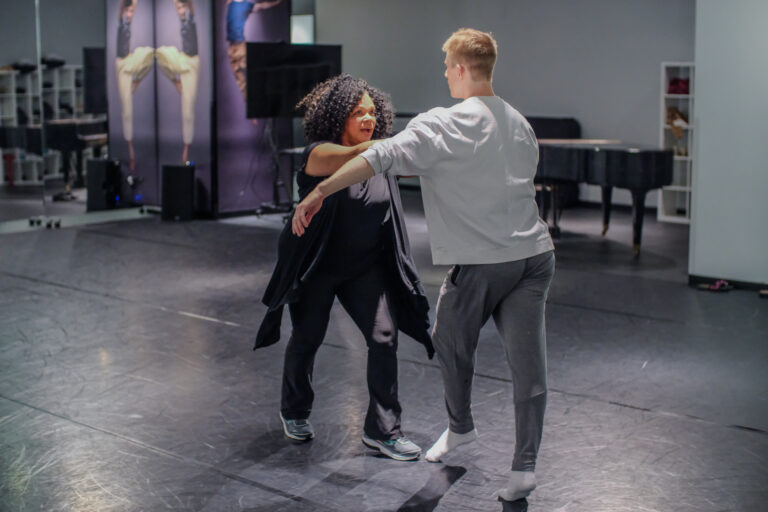Q: I run a small studio and hold one recital per year. What is the least expensive and least time-consuming way to make sure I am compliant with the copyright laws?
—Ally Decker
Dance Ally, Gig Harbor, WA
A: “Your dance studio should purchase a ‘blanket license’ for all the music at the three biggest performing rights organizations: American Society of Composers, Authors and Publishers (ASCAP), Broadcast Music Inc. (BMI) and SESAC. These groups license millions of songs, and this license fee is usually based on two factors: the type of dance performed and the number of students at your studio. For example, if tap, ballet and acrobatics are taught at a studio with 100 students, the 2010 annual ASCAP fee would be $184.11. These rights will cover music that is used at the studio for classes and rehearsals, and for most recitals.
“Even if you’ve already bought the general rights to all three organizations, you may also need to contact the publishers of the songs, depending on how the work is being performed. If a recital is considered dramatic or has a narrative (e.g. musicals), ASCAP, BMI or SESAC can’t license it. The song’s publishers have to. For example, it may be considered a narrative if your recital has a theme. Ultimately, the decision about whether it’s dramatic or non-dramatic lies with the publisher, so your default should always be to ask either a performing rights organization or the publisher directly. You do yourself much more of a disservice by not checking.
“You can find out which publishing companies to call by contacting the performing rights organization where the song’s writer is a member. You can either call or type in a song name on their website databases (ASCAP.com, BMI.com and SESAC.com) to find publisher information. But don’t worry; even if you’re using 30 songs, you will probably only have to make a few calls to major publishing companies. And you most likely will not be charged a ridiculous amount to use a song. More often than not, there will be either no fee at all or it will be extremely nominal. And, in general, the smaller your recital is, the less you will have to pay.”
Andrew P. Sparkler is associate director of Legal Corporate at ASCAP.
Another idea: If you’re a member of a dance teacher organization like Dance Educators of America, Dance Masters of America or any state teachers organization, your membership generally gets you discounted licensing fees for all the songs on ASCAP, BMI and SESAC’s databases.
Photo: Dance Ally students (by and courtesy of Ally Decker)


